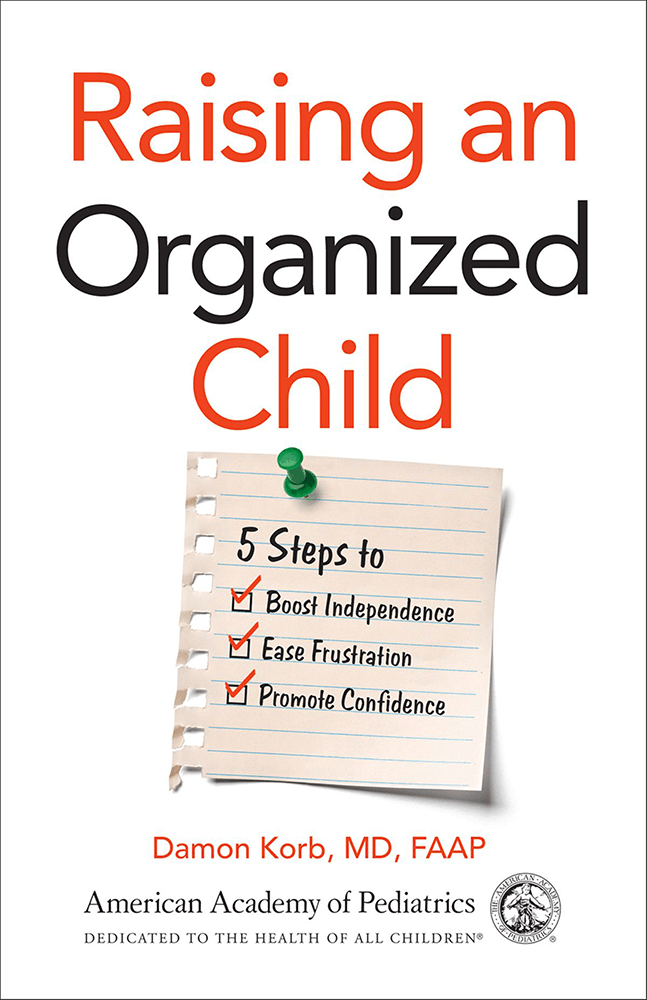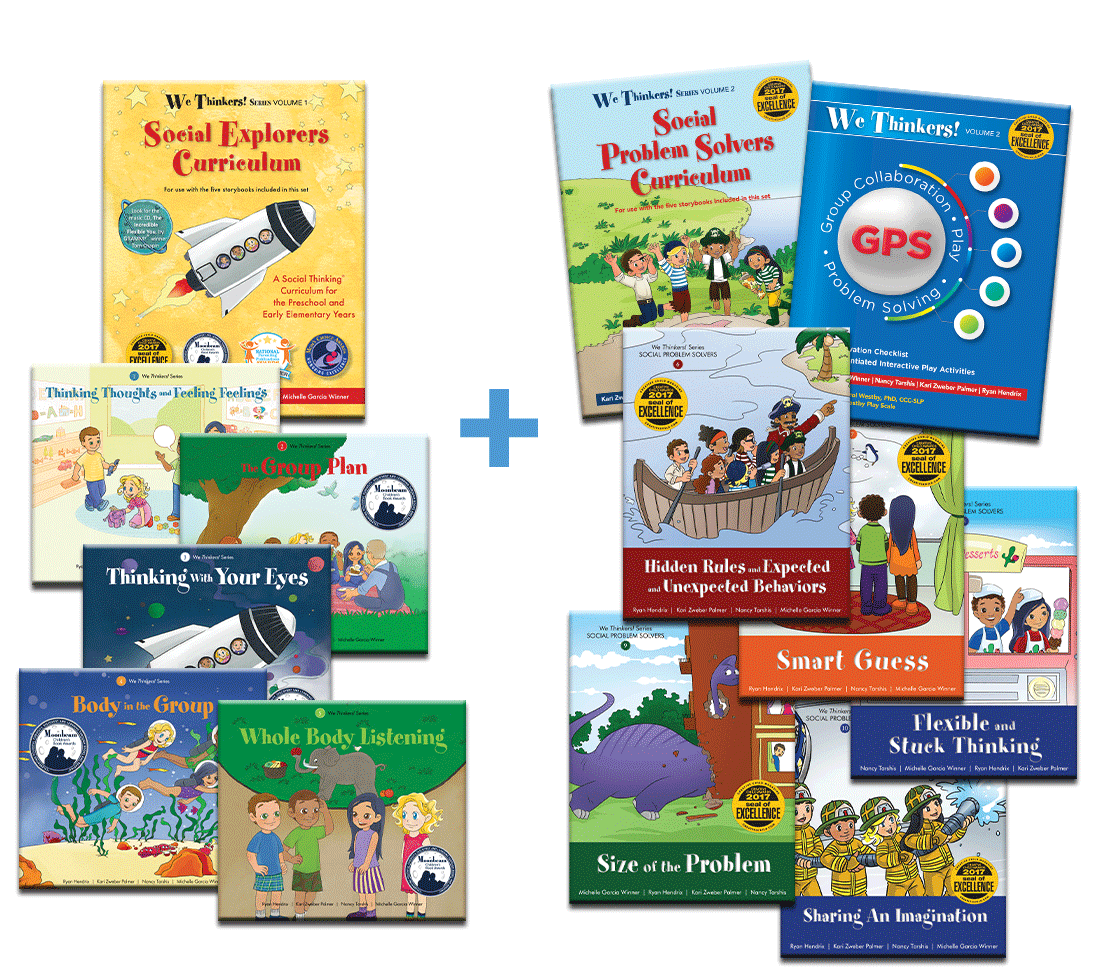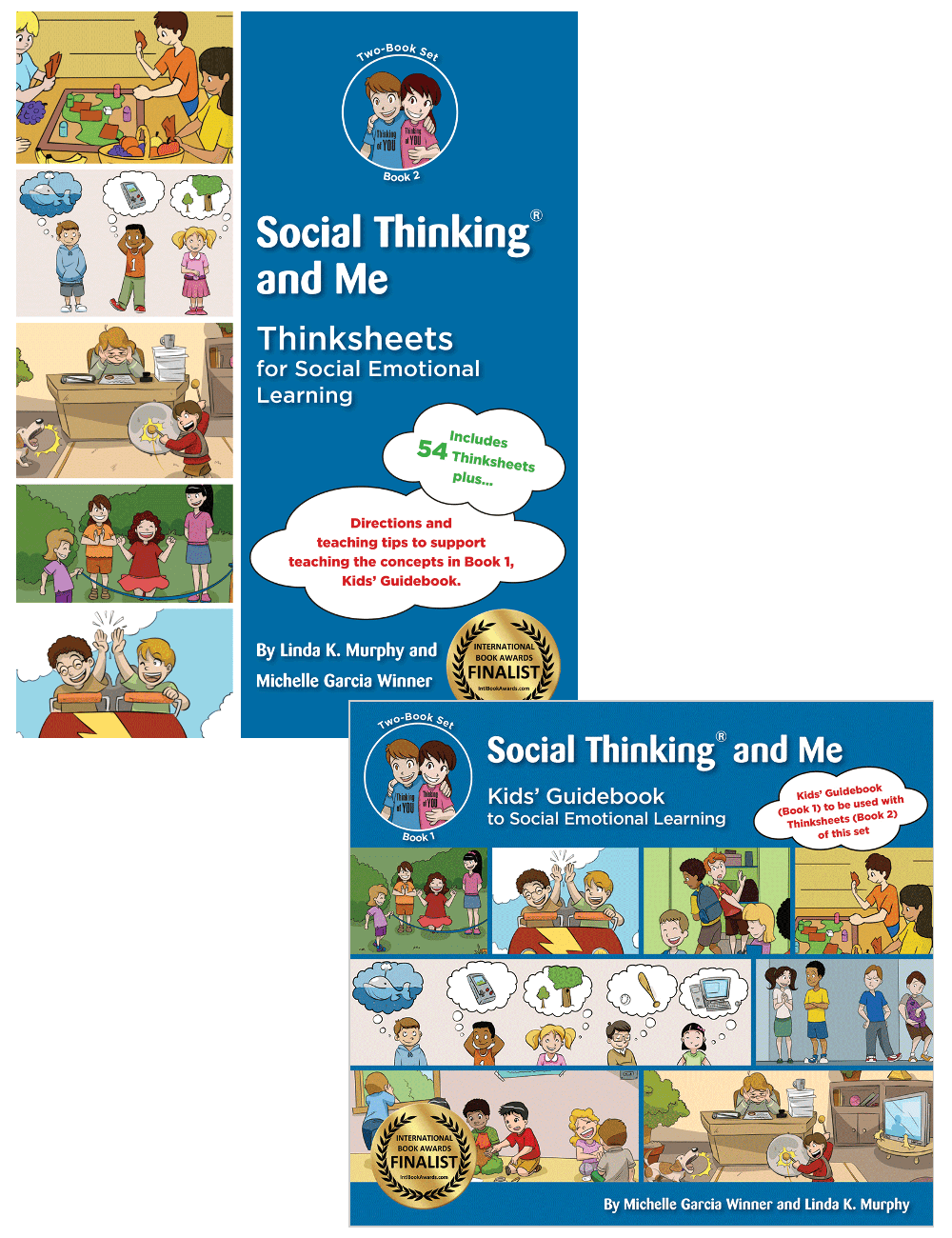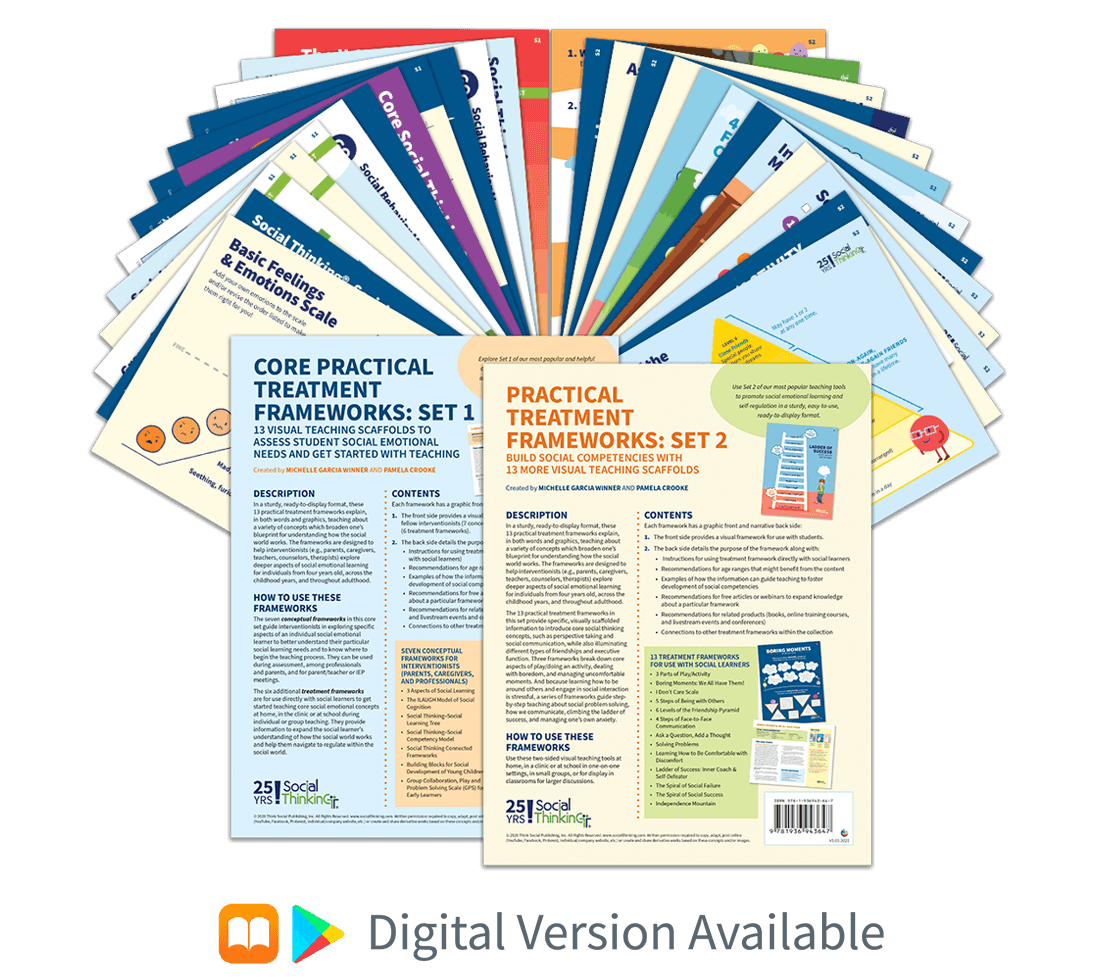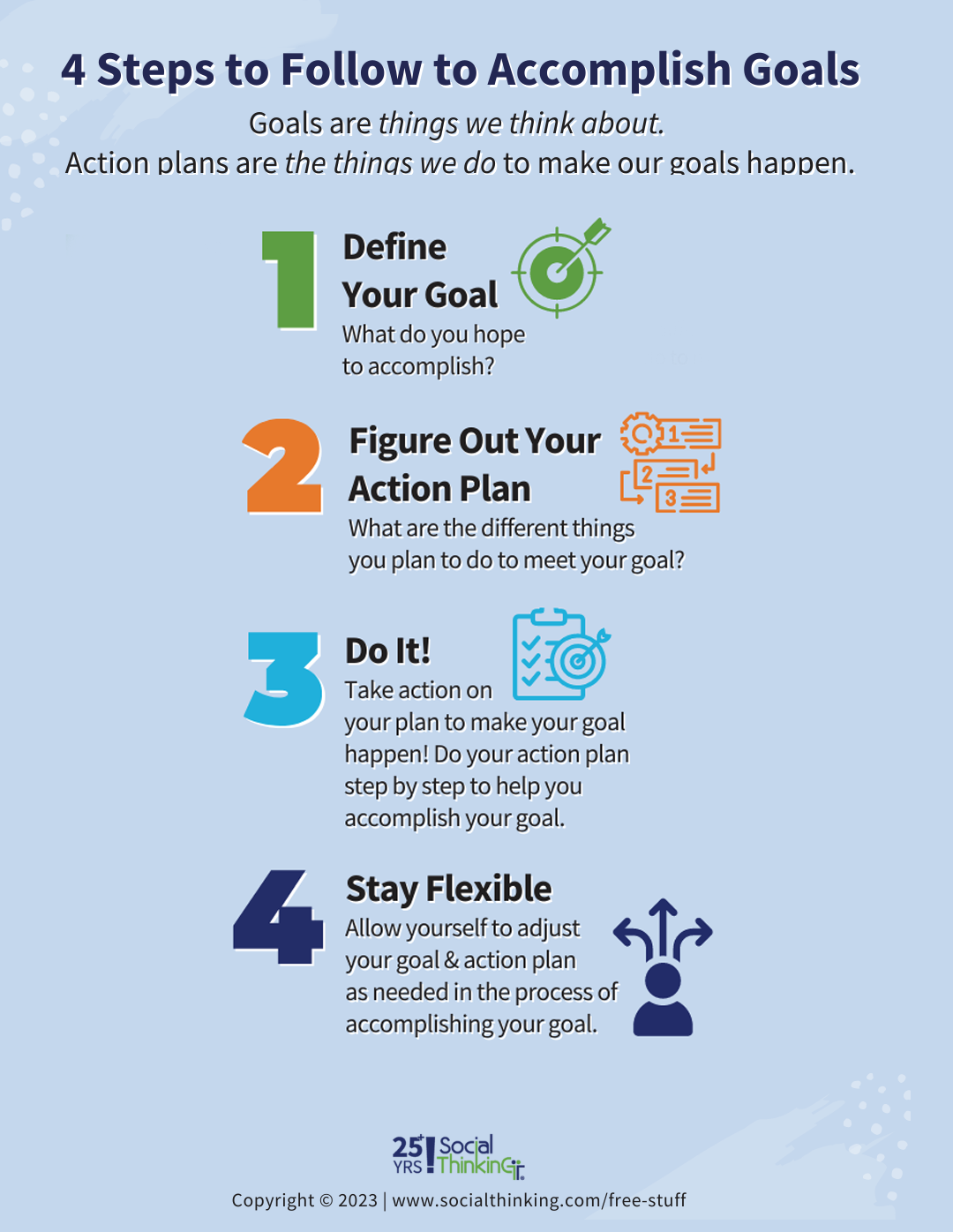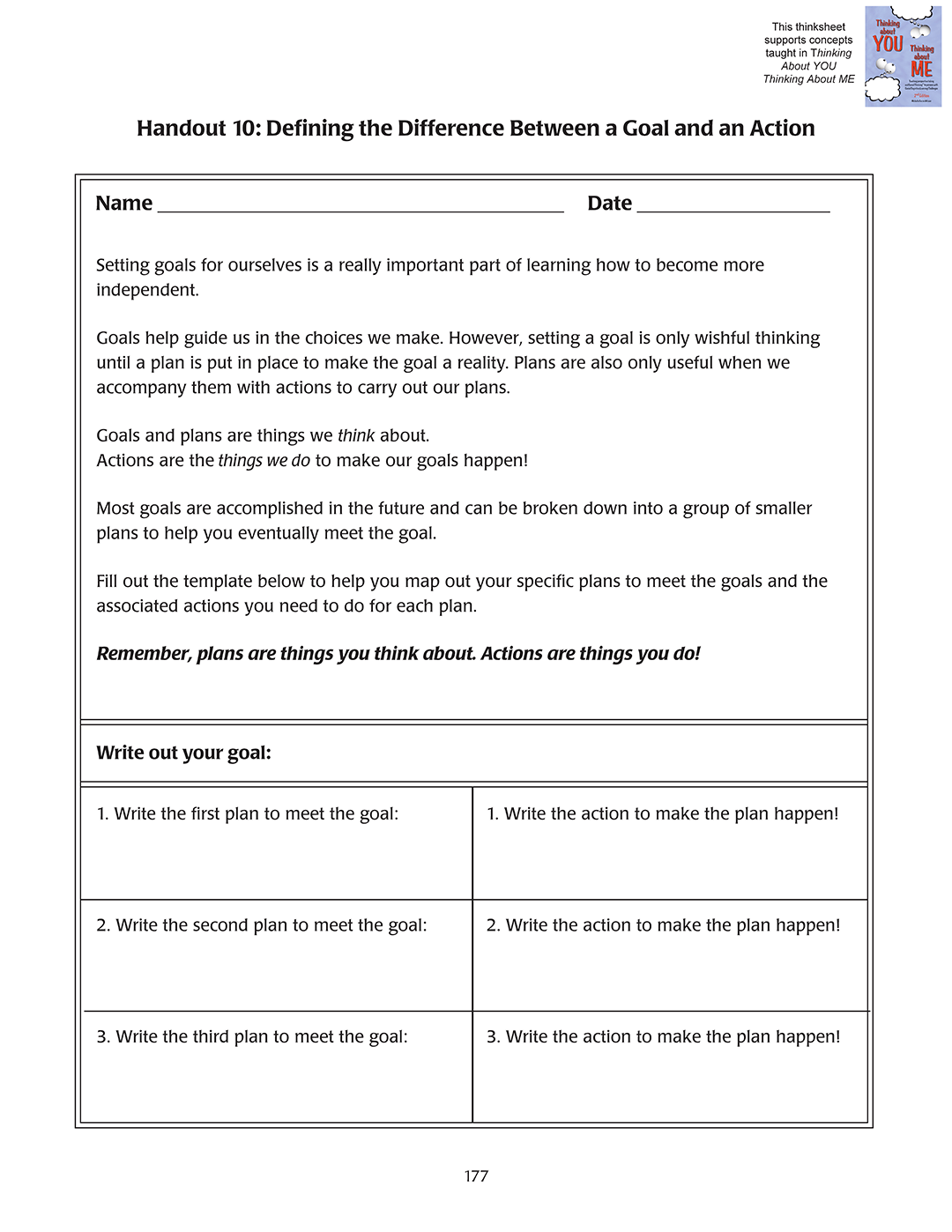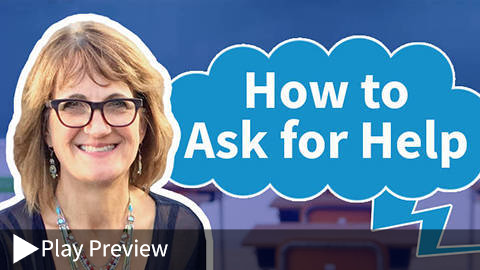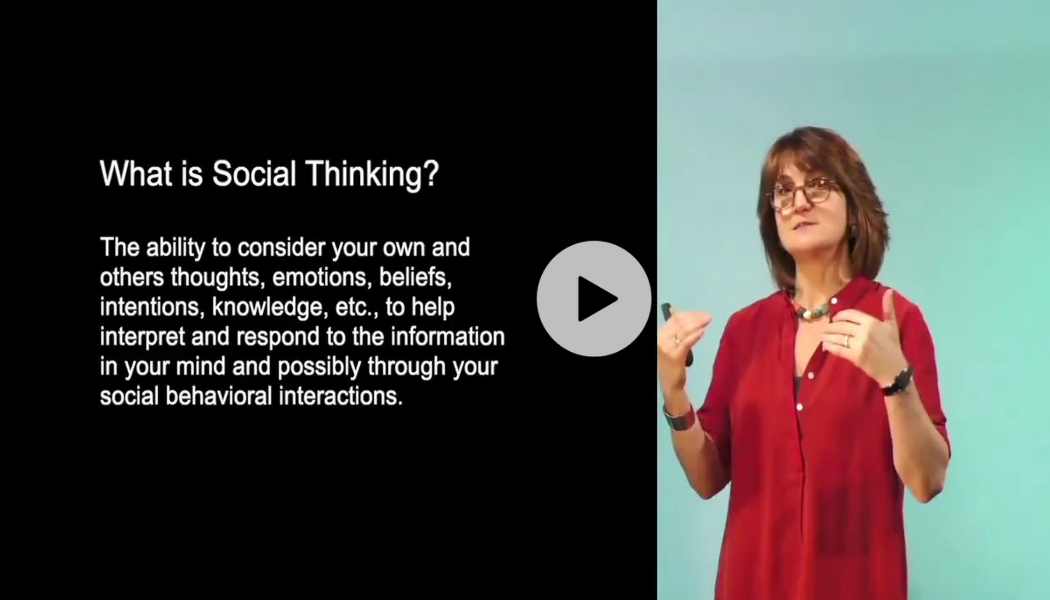Executive Functioning
Raising an Organized Child: Strategies to Promote Executive Functions
In two keynotes, Dr. Damon Korb, MD FAAP and developmental behavioral pediatrician, and Michelle Garcia Winner, MA, CCC-SLP and founder of the Social Thinking® Methodology, will connect the dots between executive functions—including self-regulation and perspective taking—and creative, practical strategies to foster organized thinking. Damon’s keynote will explain five important steps professionals can learn to guide parents in how to raise an organized child. He will also present strategies and lessons he has learned during his 20 years as a developmental and behavioral pediatrician to help foster children’s active engagement of organized thinking, the kind of learning and functions they’ll use throughout their lives. Michelle’s keynote will focus on how to help students/clients develop friendships. How do people make friends? How do we keep them? What creative strategies can we teach to help tweens and teens learn to invest in these important but complicated relationships?
8/1/2024 6:00:00 AM
Expires

Get Recording









